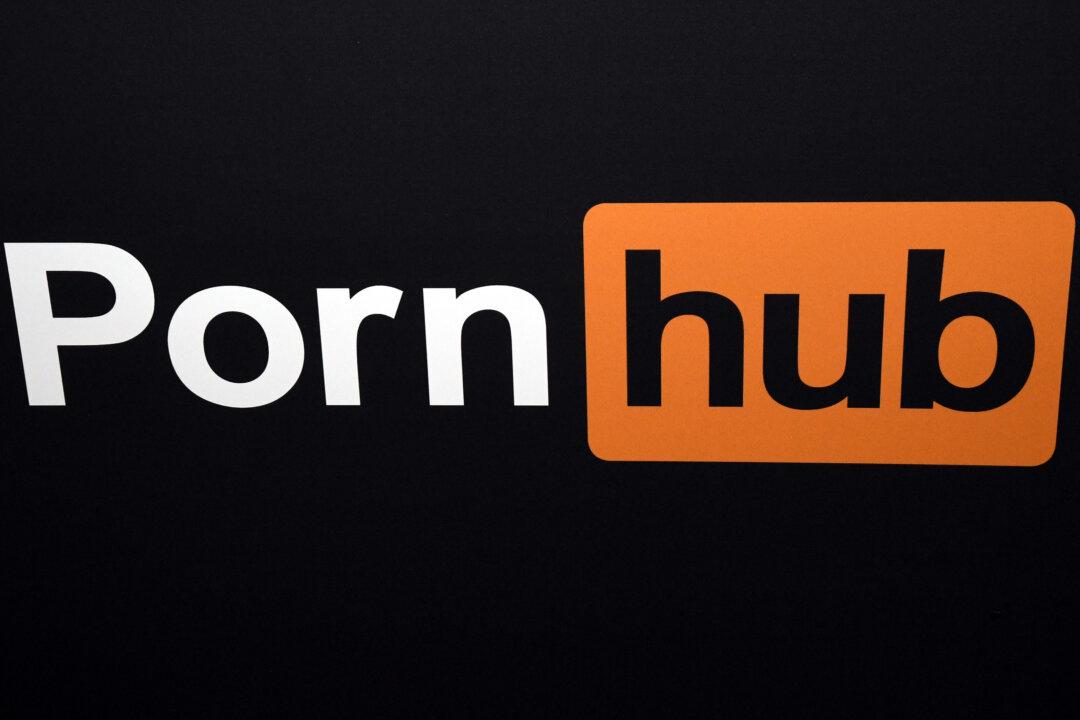With increased concern of online exploitation during the pandemic, women’s advocates are demanding government action against Pornhub, a Montreal-based pornographic video-sharing platform owned by MindGeek.
Controversy has arisen around the company in recent months amid allegations of sharing images without consent, including child sexual abuse images, which the company denies.





